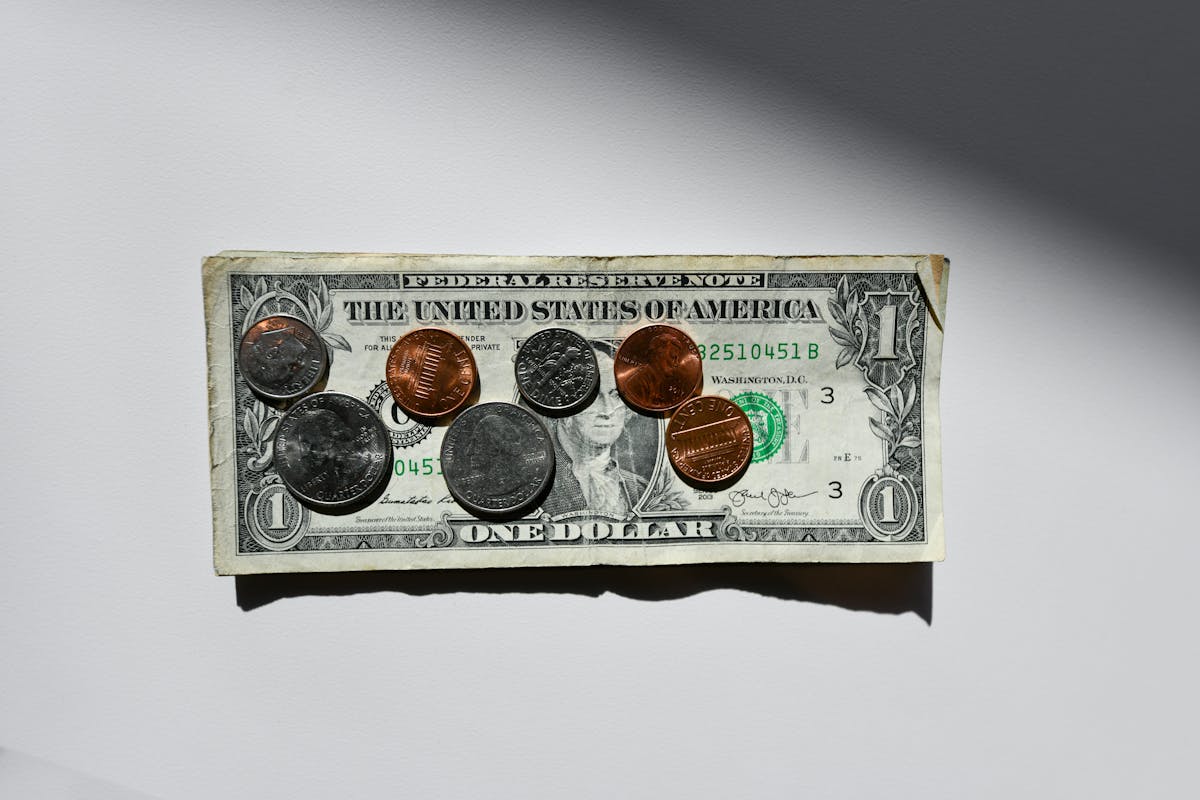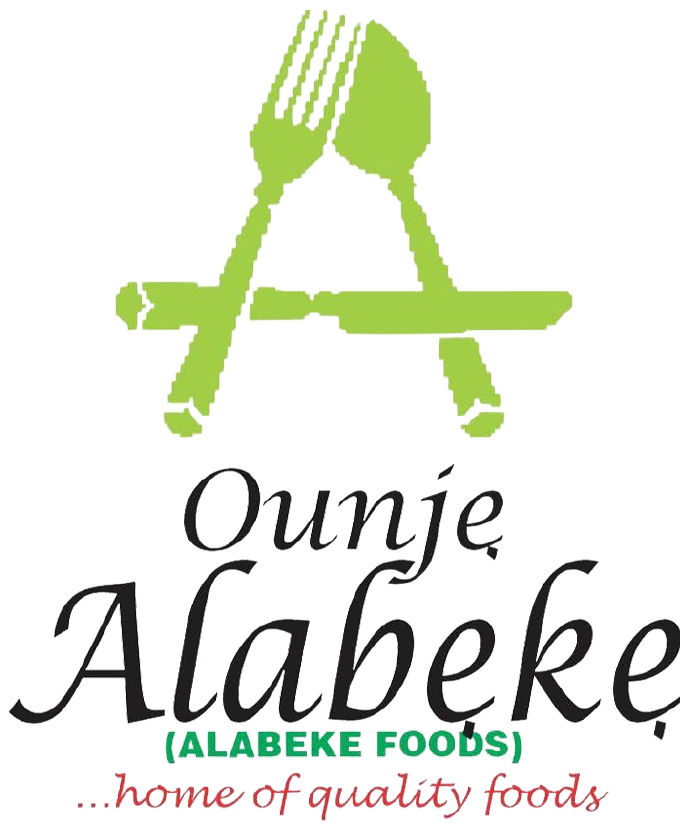Tipping: The Spice That Seasoned Service

Photo Credit: Kenny Eliason
Tipping has been a cornerstone of the restaurant industry for decades. And what this system aims to achieve is to directly reward exceptional service and, in theory, incentivize staff to go the extra mile. However, the big question is, does it really work? As a restaurateur in Newark, New Jersey, I've had ample opportunity to observe the dynamics of tipping and its impact on service.
Please read on as I break it down.
The Tipping Point
First things first. A generous tip can make a server's day. It's a tangible expression of customer satisfaction and a powerful motivator. When staff know that their hard work is directly rewarded, it fosters a sense of ownership and pride in what they do. A well-tipped restaurant often has a more upbeat, attentive staff, which in turn helps create a positive dining experience.
Beyond the Basics
Having established the fact that tipping undeniably incentivizes good service, it's essential to remember that it's not a substitute for fair wages or a positive work environment. A restaurant that prioritizes employee satisfaction and well-being will naturally have happier, more engaged staff, regardless of tip amounts. Tipping should be seen as a bonus, not a baseline.
The Newark Perspective
Newark, like many cities, has a diverse restaurant scene. So it’s no secret that different cultures and dining habits influence tipping customs. An understanding of these nuances is crucial for restaurateurs. While tipping is prevalent, it's essential to ensure that all staff, including those who may have less direct customer interaction, are fairly compensated.
In conclusion, tipping can be a powerful tool for enhancing service when used correctly. By fostering a positive work environment and complementing fair wages, restaurants can create a winning combination that benefits both staff and customers. So next time you dine out, remember that your tip is the final ingredient that seasons the service to perfection.
